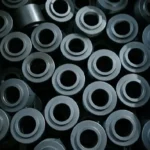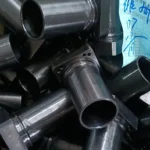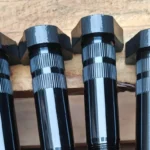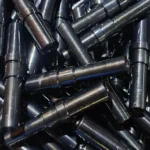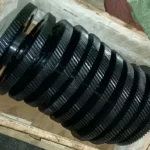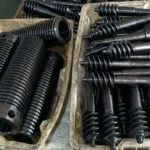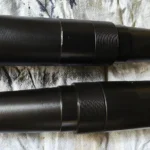Black Oxide services for you
With a focus on quality, our Black Oxide services provide parts that achieve high-quality surface directly, meet the demands of customers.
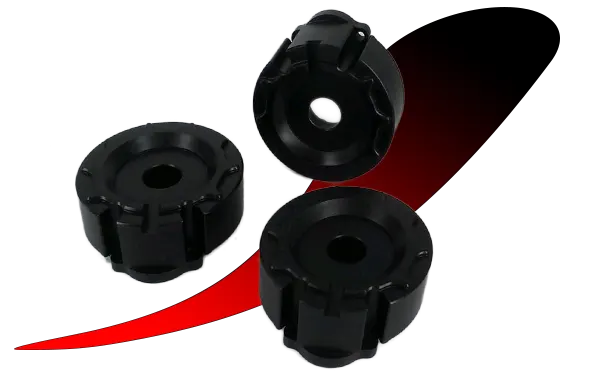
What is Black Oxide in Surface Treatment?
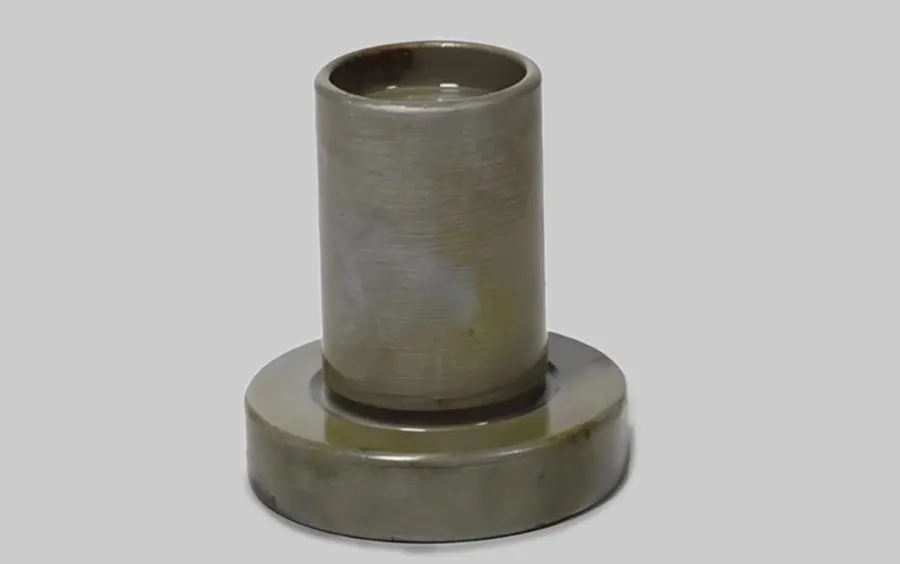
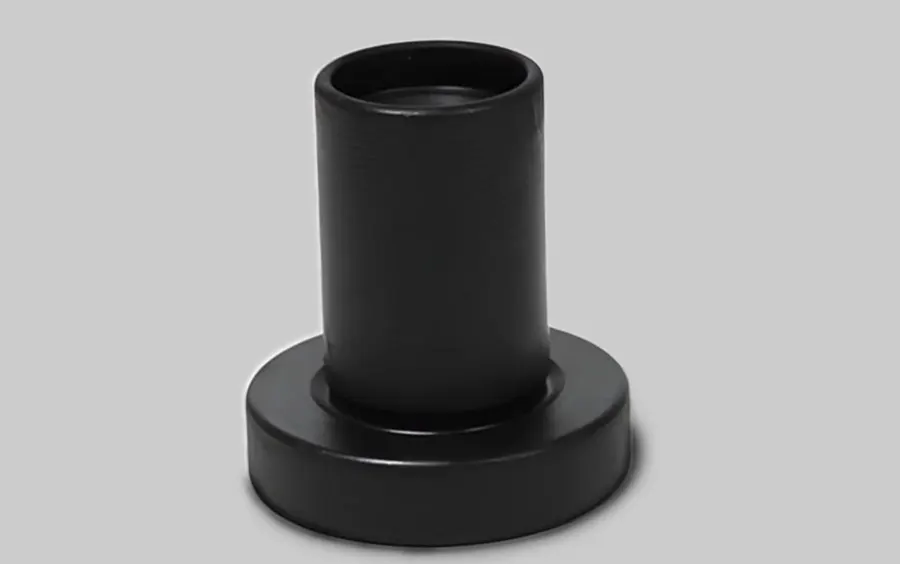
Black oxide, also known as blackening, is a type of surface treatment applied to metals through a chemical conversion process.
This process creates a black, oxide layer on the metal surface, providing several benefits such as increased corrosion resistance, enhanced appearance, and improved wear resistance. The black oxide coating is achieved by immersing the metal part in a hot alkaline aqueous solution containing specific oxidizing salts.
Black oxide is commonly used in various industries including automotive, firearms, and hardware due to its ability to protect metal surfaces from rust and corrosion.
Additionally, the black finish is aesthetically appealing, making it a popular choice for decorative applications. The process does not significantly alter the dimensions or properties of the treated metal, making it ideal for parts that require tight tolerances.
Main Feature
Optimize your designs for manufacturability with our expert surface treatment, ensuring the best results for your product.
Advantages
- Provides mild corrosion resistance, especially when sealed with oil or wax.
- Thin coating does not affect part dimensions or tolerances.
- Enhances appearance with a uniform black finish.
- Reduces glare and reflection.
- Improves lubricity when combined with oil, aiding wear resistance.
- Cost-effective compared to plating or anodizing.
- Maintains electrical conductivity due to its minimal thickness.
Disadvantages
- Limited corrosion protection compared to plating, anodizing, or powder coating.
- Requires regular oiling or waxing to maintain rust resistance.
- Not suitable for harsh or outdoor environments.
- Provides little improvement in wear resistance by itself.
- Color may fade over time with exposure to UV or chemicals.
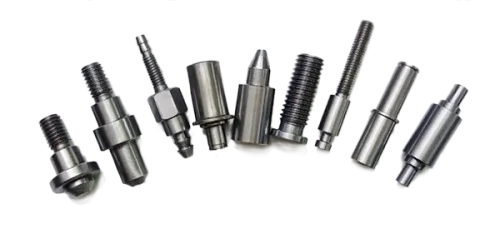
Design Considerations for Black Oxide Parts
Our CNC machines offer exact tolerances that satisfy market requirements, securing reliable accuracy and seamless piece alignment.
Material compatibility
Surface finish
Dimensional precision
Corrosion protection needs
Wear conditions
Aesthetic requirements
Application environment
FAQ about Black Oxide
Find clear answers to the most common questions about our Black Oxide solutions.
Frequently Asked Questions
All-in-One questions for Customer
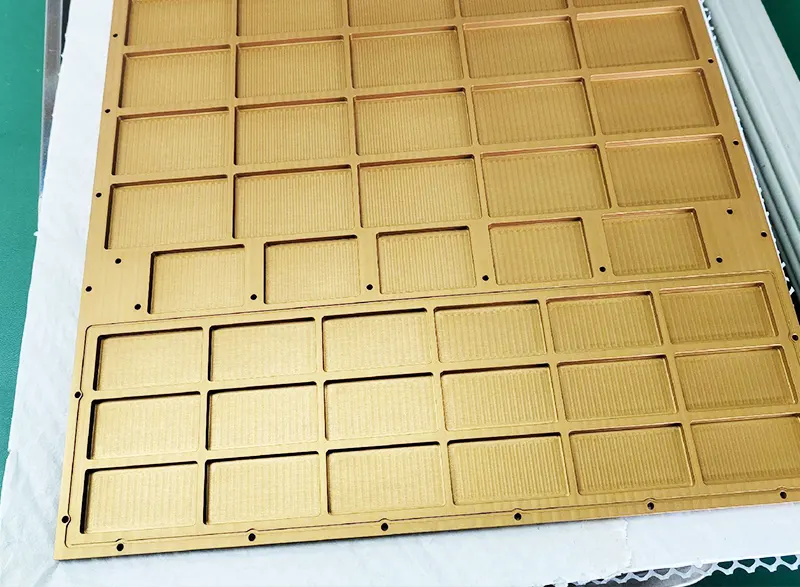
What is black oxide coating in metal finishing?
Black oxide is a chemical conversion coating applied to ferrous metals to produce a durable black surface finish that improves corrosion resistance, reduces light reflection, and enhances aesthetics without altering part dimensions.
Which materials can be treated with black oxide?
Black oxide treatment is primarily used for carbon steel, alloy steel, stainless steel, and cast iron. Specialized processes exist for copper and zinc alloys, while aluminum requires different blackening techniques.
How thick is a black oxide coating?
The coating is extremely thin, typically between 0.5–2.5 microns, ensuring that it does not affect part tolerances or interfere with tight-fitting components.
What are the main benefits of black oxide services?
The advantages include improved appearance with a uniform black finish, mild corrosion resistance (especially when sealed with oil or wax), glare reduction, better lubricity, and cost-effectiveness compared to plating or anodizing.
Does black oxide improve corrosion resistance?
Yes, but the protection is limited. Black oxide provides mild corrosion resistance on its own, but when sealed with oil or wax, it offers significantly better protection in indoor or controlled environments.
Is black oxide suitable for outdoor applications?
Black oxide is not recommended for prolonged outdoor or marine environments, as it offers limited corrosion resistance compared to zinc plating, powder coating, or anodizing. Regular maintenance with oil or wax is required if used outdoors.
How does black oxide affect electrical conductivity?
Since the coating is very thin, black oxide does not significantly reduce electrical conductivity, making it suitable for components where conductivity must be maintained.
Does black oxide treatment affect part dimensions?
No. One of the biggest advantages of black oxide is that it forms a conversion layer rather than adding thickness, so parts retain their original dimensions and tolerances.
What industries commonly use black oxide services?
Industries such as automotive, aerospace, defense, firearms, medical devices, and general manufacturing use black oxide for both functional and aesthetic purposes.
How does black oxide compare to other surface treatments?
Compared to plating, anodizing, or powder coating, black oxide is thinner, more cost-effective, and preserves part tolerances. However, it provides less corrosion protection and requires sealing with oil or wax for durability.

